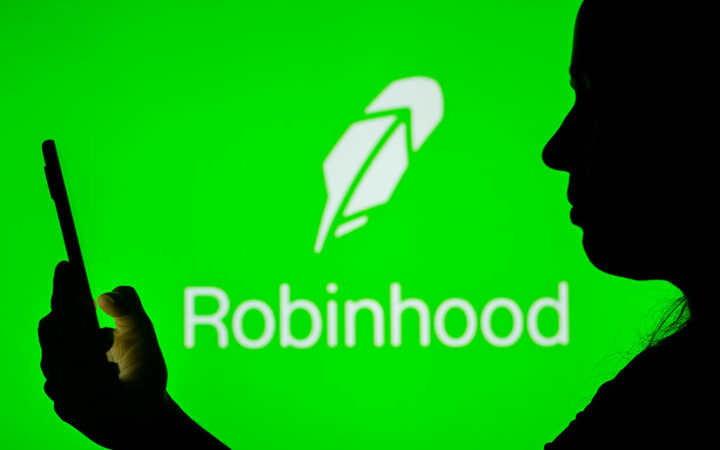
Let’s talk web3, crypto, Metaverse, NFTs, CeDeFi, meme coins, and Stocks, and focus on multi-chain as the future of blockchain technology. Let us all WIN!
Affirm (AFRM) stock has recorded losses of 14.38%, 13.46%, and 16.97% in 5-days, 1-month, and 3-month respectively.

Affirm Holdings Inc (NASDAQ: AFRM), a loan services company, stock dropped 10.45% to close at $58.21 on Tuesday. The sharp dip happened following news that Apple Inc (NASDAQ: AAPL) was launching a rival product. Apple intends to offer a “buy now pay later” (BNPL) product in partnership with Goldman Sachs Group Inc (NYSE: GS).
Additionally, Afterpay Ltd (ASX: APT), an Australian installment payment service company, also experienced a stock price drop of over 7%. The company trades over-the-counter in the US.
Apple’s product shows the company’s interest in venturing into financial services provided through its Wallet app. The blue-chip tech company is also furthering this agenda by collaborating with revered financial services firms. For instance, Apple’s most remarkable financial product is the Apple Card. The credit card is accessed through the firm’s iPhone and is administered by Goldman Sachs.
Moreover, Apple’s latest BNPL product, Apple Pay Later, gives consumers the alternative of making payments in monthly installments. Such a development is especially helpful for products whose one-off payment seems pricey for the buyer. With the BNPL product, Apple intends to spur the adoption and growth of Apple Pay to its 1B+ customer base.
Affirm was one of the pioneers of the BNPL service. In partnership with merchants, the firm offers credit cards for making payments in manageable installments. The company has grown to become a preferred financial provider with merchants. In addition, the firm’s financing services are advertised often, giving it some advantage over the iPhone maker.
Previously, Apple offered a similar product for some of its Apple store products. Through an Apple Card, users would pay for, say, an iPhone in 24 monthly installments. Every month, a zero-interest minimum credit card payment would be deducted and reflected on Apple’s Wallet app.
In May of this year, Apple listed a job opportunity for a lead negotiator who would work with payment partners. The post stated BNPL experience as a plus.
However, since Apple’s BNPL product is yet to be launched, the extent of competition between the firms remains unclear.
Notably, Apple stock performance has been consistently on the gaining end. The company has gained 2.55%, 12.34%, and 8.34% in 5-day, 1-month, and 3-month respectively. Furthermore, its YTD and 1-year records reflect a 9.76% and 50.06% gain in that order.
Affirm, on the other hand, launched its initial public offering on the NASDAQ early this year. Trading opened at a price of $49.00 per share. Nevertheless, Affirm stock has recorded losses of 14.38%, 13.46%, and 16.97% in 5-days, 1-month, and 3-month respectively.
Disclaimer: Coinspeaker is committed to providing unbiased and transparent reporting. This article aims to deliver accurate and timely information but should not be taken as financial or investment advice. Since market conditions can change rapidly, we encourage you to verify information on your own and consult with a professional before making any decisions based on this content.

Let’s talk web3, crypto, Metaverse, NFTs, CeDeFi, meme coins, and Stocks, and focus on multi-chain as the future of blockchain technology. Let us all WIN!




